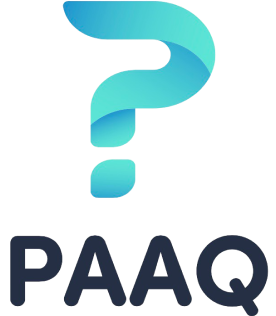In a world where diversity defines the workforce, inclusive communication has become a cornerstone of effective leadership. For leaders managing multicultural and multidisciplinary teams, fostering clear and inclusive communication is essential for collaboration, innovation, and success.
Inclusive communication involves creating an environment where all team members feel valued, heard, and understood, regardless of their cultural or professional backgrounds. This approach not only builds trust but also empowers individuals to contribute their unique perspectives, driving creativity and problem-solving.
One key strategy for inclusive communication is active listening. Leaders must dedicate time to genuinely understand the viewpoints of their team members. This practice ensures that everyone feels respected and engaged, paving the way for meaningful dialogue and collaboration.
Another critical aspect is clarity. In cross-cultural teams, varying language proficiencies and communication styles can lead to misunderstandings. Leaders should prioritize clear, concise messaging and confirm understanding through follow-up questions or summaries. Avoiding jargon and using universally understood terms can further enhance clarity.
Leaders must also embrace cultural sensitivity. Understanding the norms and values of different team members helps avoid potential conflicts or misinterpretations. For example, some cultures may value indirect communication, while others prefer a more straightforward approach. Adapting to these nuances fosters respect and inclusivity.
Technology plays a vital role in enabling inclusive communication. Tools such as video conferencing platforms, translation software, and collaborative apps ensure that remote and global teams can stay connected. Features like real-time translation and subtitles help bridge language barriers, ensuring everyone can participate equally.
Training programs focused on communication and cultural competence are becoming increasingly popular in organizations. These initiatives equip leaders and employees with the skills to navigate diverse team dynamics effectively. Role-playing exercises, case studies, and peer feedback are valuable tools in these programs.
Inclusive communication is more than a leadership skill—it’s a strategic imperative in today’s globalized workplace. By fostering active listening, clarity, and cultural sensitivity, leaders can build stronger, more collaborative teams that drive success across diverse environments.
Source: Leadership and Foresight




